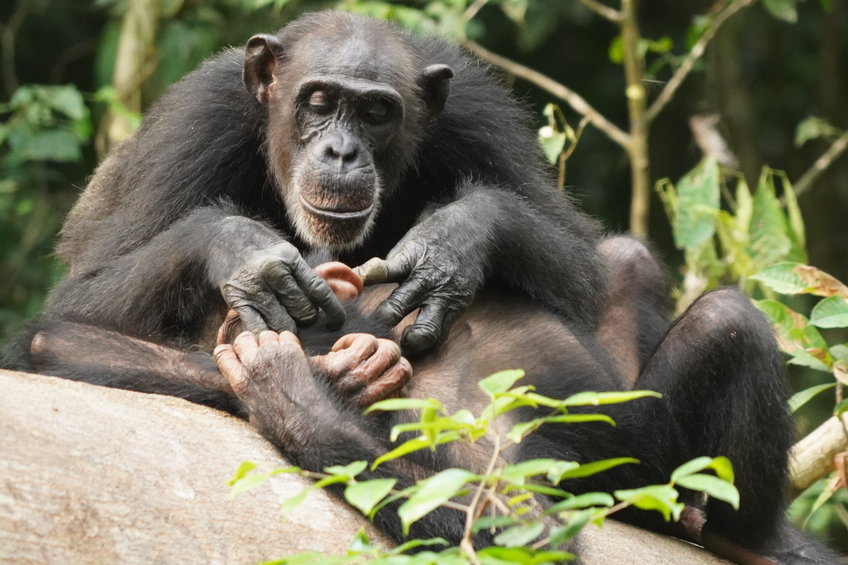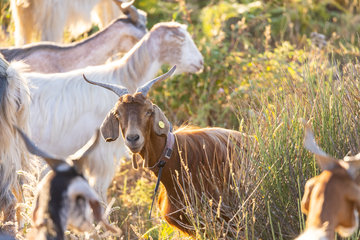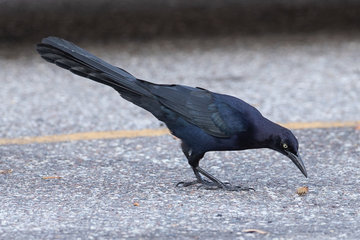Orphaned chimpanzees can suffer for life
Male chimpanzees who lose their mother early in life are less competitive and have fewer offspring than sons who continue to live with their mothers
One of the greatest traumas we face is for our parents to die when we are children. Orphans can continue to suffer negative consequences of parental loss for the rest of their lives, including losing out on growth and health. New research shows that, like humans, chimpanzee offspring stay with their mothers until they are teenagers, after they are twelve years old. A series of new studies shows that orphaned chimpanzees also lose out on growth and survival. A new study in Science Advances from the Taï Chimpanzee Project in Ivory Coast and the Max Planck Institute for Evolutionary Anthropology in Leipzig, shows that in addition, orphaned sons are less competitive and have fewer offspring of their own than those who continue to live with their mothers. The remaining puzzle is, what is it that their mothers provide that keeps chimpanzees healthy and competitive?

Researchers observed three chimpanzee communities of the Taї National Park. They kept full demographic records and collected fecal samples to conduct paternity tests on all new community members, for up to 30 years. Catherine Crockford, the lead author, says: “When we study our closest living relatives, like chimpanzees, we can learn about the ancient environmental factors that made us human. Our study shows that a mother’s presence and support throughout the prolonged childhood years was also likely a trait in the last common ancestor that humans shared with chimpanzees six to eight million years ago. This trait is likely to have been fundamental in shaping both chimpanzee and human evolution”.
Major theories in human evolution argue that parents continuing to provide food to their offspring until they have grown up has enabled our species to have the largest brains of any species on the planet relative to our body size. Brains are expensive tissue and grow slowly leading to long childhoods. Ongoing parental care through long childhoods allow children time to learn the skills they need to survive in adulthood. Such long childhoods are rare across animals, equaled only by other great apes, like chimpanzees.
Chimpanzees may have long childhoods, but mothers rarely directly provide them with food after ages four to five years when they are weaned. Mostly mothers let their offspring forage for themselves. So then what do chimpanzee mothers provide their sons that gives them a competitive edge over orphaned sons? We do not yet know the answer but scientists do have some ideas.
Learning from mothers
“One idea is that mothers know where to find the best food and how to use tools to extract hidden and very nutritious foods, like insects, honey and nuts”, Crockford points out. “Offspring gradually learn these skills through their infant and juvenile years. We can speculate that one reason offspring continue to travel and feed close to their mothers every day until they are teenagers, is that watching their mothers helps them to learn.” Acquiring skills which enable them to eat more nutritious foods may be why great apes can afford much bigger brains relative to their body size than other primates.
“Another idea is that mothers pass on social skills”, Roman Wittig, last author on the study and director of the Taї Chimpanzee Project, adds. “Again a bit like humans, chimpanzees live in a complex social world of alliances and competition. It might be that they learn through watching their mothers when to build alliances and when to fight”.
CC, RW












